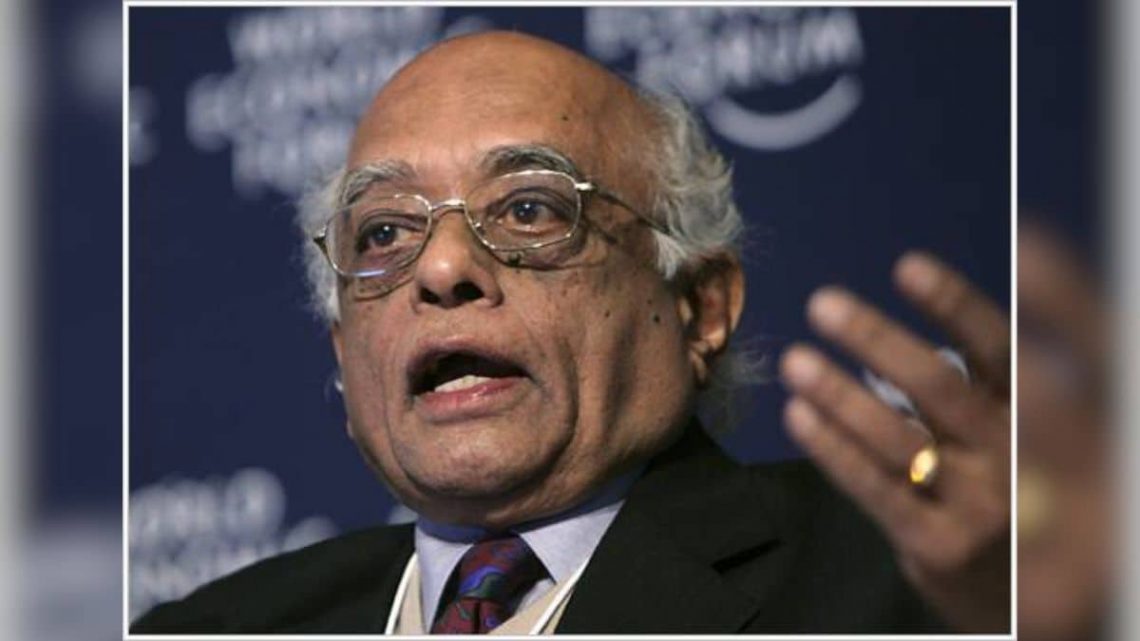Dr R Chidambaram, a key figure in India’s nuclear program and one of the country’s most distinguished scientists, died Saturday (January 4) morning in Mumbai. He was 88.
The Department of Atomic Energy confirmed his death in a statement, saying Chidambaram passed away at 3:20 am and hailed his unparalleled contributions to India’s scientific and strategic capabilities.
Chidambaram played a key role in India’s first nuclear test at Pokhran in 1974 and led the team from the Department of Atomic Energy during the Pokhran-II nuclear tests in 1998. His work helped position India as a nuclear power on the global stage.
A physicist known for his groundbreaking research in high-pressure physics, crystallography, and materials science, Chidambaram advanced understanding in these fields and laid the groundwork for modern materials science research in India.
Beyond his contributions to nuclear science, Chidambaram championed initiatives in energy, healthcare, and strategic self-reliance. He was instrumental in developing India’s indigenous supercomputers and conceptualizing the National Knowledge Network, which connects research and educational institutions nationwide.
The Department of Atomic Energy described him as a “trailblazer, an inspirational leader, and a dedicated mentor to countless scientists and engineers.”
Chidambaram’s initiatives extended to rural technology, electronic security, and fostering collaboration in India’s scientific community.
Programs such as the Rural Technology Action Groups and the Society for Electronic Transactions and Security reflected his commitment to applying science for national development.
Throughout his career, he served in numerous prominent roles, including as Principal Scientific Adviser to the Government of India from 2001 to 2018. He also served as Director of the Bhabha Atomic Research Centre (1990-1993), Chairman of the Atomic Energy Commission (1993-2000), and Secretary of the Department of Atomic Energy.
Chidambaram also chaired the Board of Governors of the International Atomic Energy Agency from 1994 to 1995 and was a member of its Commission of Eminent Persons.
For his contributions, he was awarded the Padma Shri in 1975 and the Padma Vibhushan in 1999, among other honours. He received honorary doctorates from several universities and was a fellow of prestigious Indian and international science academies.
Link to article –
What was the contribution of Dr Rajagopala Chidambaram to making India a nuclear weapons state?

